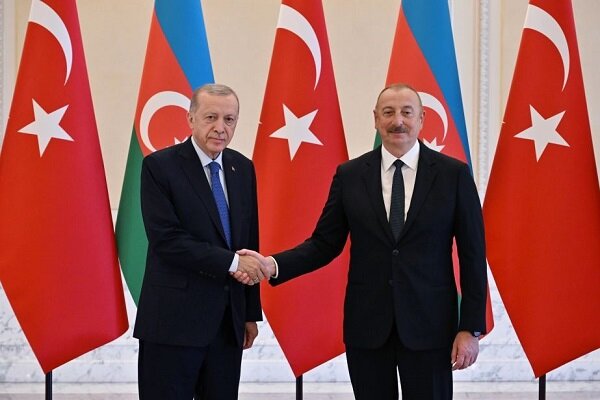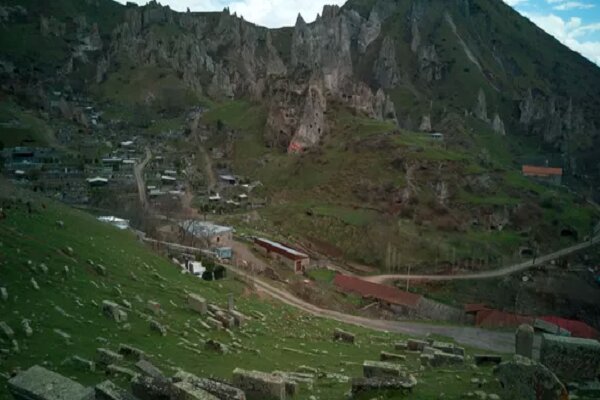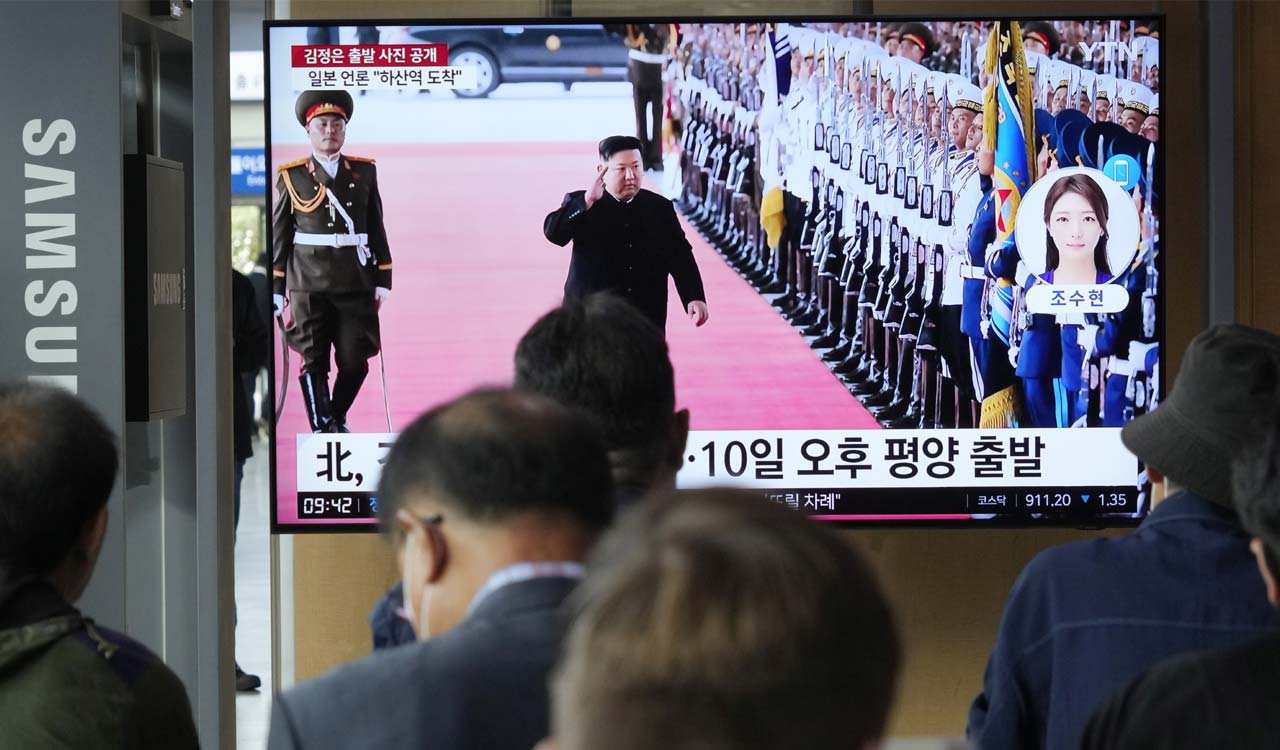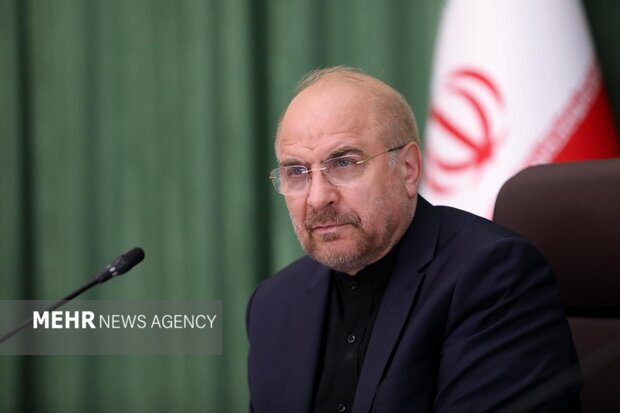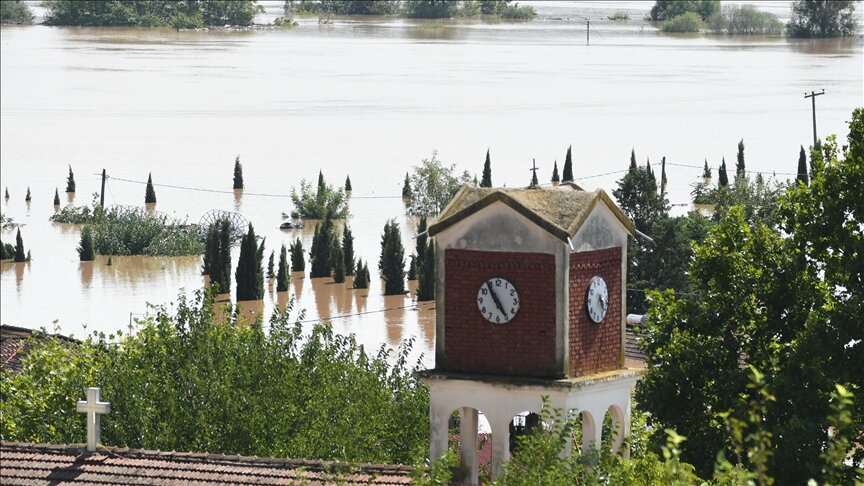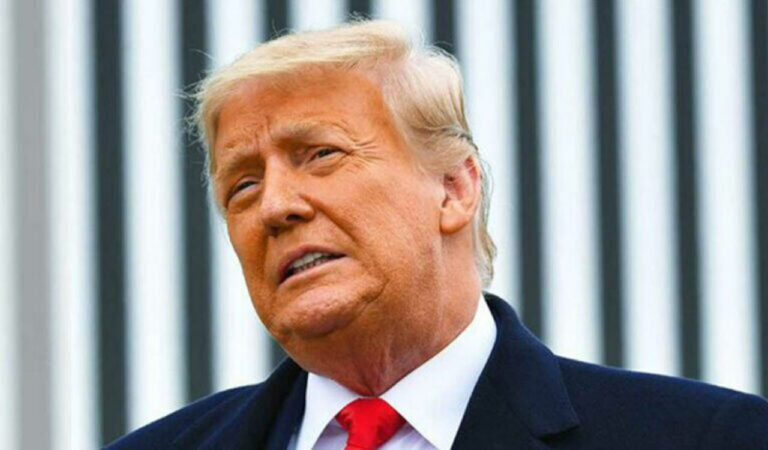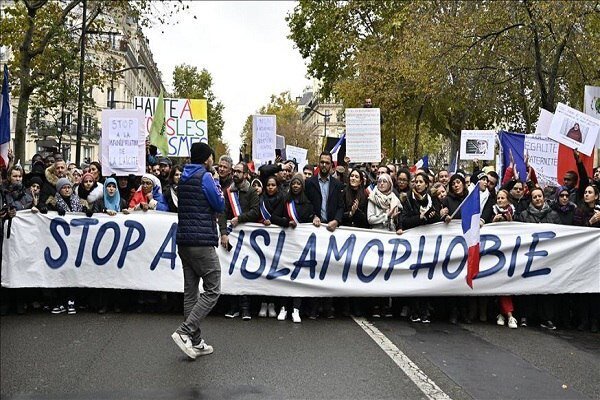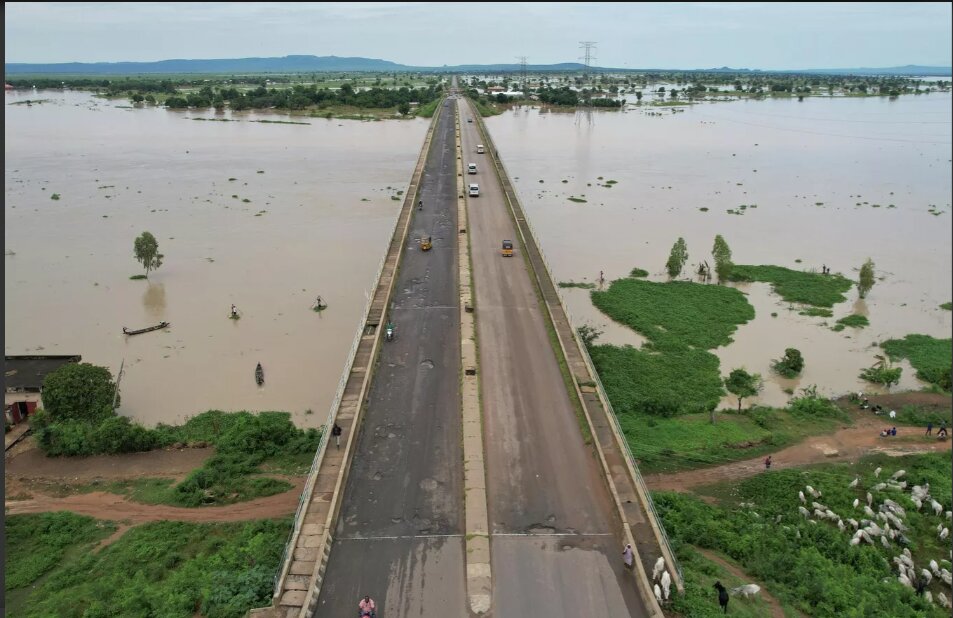In addition, as part of the deal, the administration has agreed to release five Iranian citizens held in the United States
Published Date – 10:00 AM, Tue – 12 September 23
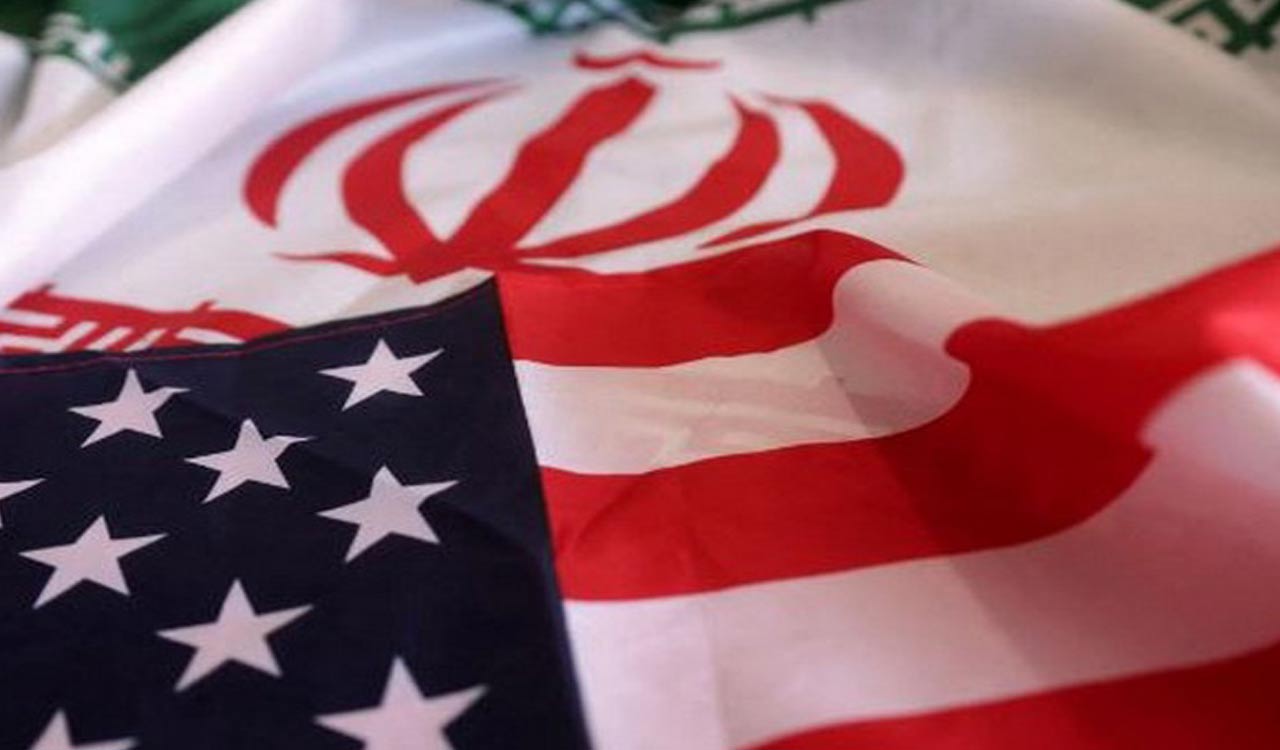
Washington: The Biden administration has cleared the way for the release of five American citizens detained in Iran by issuing a blanket waiver for international banks to transfer USD 6 billion in frozen Iranian money from South Korea to Qatar without fear of US sanctions.
In addition, as part of the deal, the administration has agreed to release five Iranian citizens held in the United States.
Secretary of State Antony Blinken signed off on the sanctions waivers late last week, a month after US and Iranian officials said an agreement in principle was in place. Congress was not informed of the waiver decision until Monday, according to the notification, which was obtained by The Associated Press.
The outlines of the deal had been previously announced and the waiver was expected. But the notification marked the first time the administration said it was releasing five Iranian prisoners as part of the deal. The prisoners have not been named.
The waiver drew criticism of President Joe Biden from Republicans and others who say the deal will boost the Iranian economy at a time when Iran poses a growing threat to US troops and Mideast allies.
On X, the platform formerly known as Twitter, Sen. Chuck Grassley of Iowa said “it’s ridiculous for US to be blackmailed into paying USD 6 billion for hostages which will help indirectly finance the number 1 foreign policy of Iran: terrorism.” Sen. Tom Cotton of Arkansas accused Biden of “paying ransom to the world’s worst state sponsor of terrorism”.
Another Iran hawk, Sen. Ted Cruz, R-Texas, said the waivers were a sign the administration was secretly pursuing a broader deal with Iran to include more than the release of the detainees.
“Today’s news confirms there has already been a side deal including a USD 6 billion ransom and the release of Iranian operatives,” Cruz said in a statement.
The White House pushed back on all criticism of the waiver decision, saying it was only a “procedural step” aimed at fulfilling the tentative agreement reached with Iran in August.
“What is being pursued here is an arrangement wherein we secure the release of 5 wrongfully held Americans,” said Adrienne Watson, a spokeswoman for the National Security Council. “This remains a sensitive and ongoing process. While this is a step in the process, no individuals have been or will be released into US custody this week.” The waiver means that European, Middle Eastern and Asian banks will not run afoul of US sanctions in converting the money frozen in South Korea and transferring it to Qatar’s central bank, where it will be held for Iran to use for the purchase of humanitarian goods.
The transfer of the USD 6 billion was the critical element in the prisoner release deal, which saw four of the five American detainees transferred from Iranian jails into house arrest last month. The fifth detainee had already been under house arrest.
Due to numerous US sanctions on foreign banks that engage in transactions aimed at benefitting Iran, several European countries had balked at participating in the transfer. Blinken’s waiver is aimed at easing their concerns about any risk of US sanctions.
People familiar with negotiations said they expect the detainees will be released as early as next week.
The American prisoners include Siamak Namazi, who was detained in 2015 and was later sentenced to 10 years in prison on internationally criticized spying charges; Emad Sharghi, a venture capitalist sentenced to 10 years; and Morad Tahbaz, a British-American conservationist of Iranian descent who was arrested in 2018 and also received a 10-year sentence. The fourth and fifth prisoners were not identified.
“To facilitate their release, the United States has committed to release five Iranian nationals currently held in the United States and to permit the transfer of approximately USD 6 billion in restricted Iranian funds held in (South Korea) to restricted accounts in Qatar, where the funds will be available only for humanitarian trade,” Blinken wrote.
The sanctions waiver applies to banks and other financial institutions in South Korea, Germany, Ireland, Qatar and Switzerland.
“I determine that it is in the national security interest of the United States to waive the imposition of sanctions … with respect to foreign financial institutions under the primary jurisdiction of Germany, Ireland, Qatar, the Republic of Korea, and Switzerland that are notified directly in writing by the US government, to the extent necessary for such institutions to engage in transactions occurring on or after August 9, 2023,” Blinken wrote.
Sanctions waivers apply to transactions involving previously penalized entities such as the National Iranian Oil Company and Central Bank of Iran “to transfer funds from accounts in the Republic of Korea to accounts in Switzerland and Germany and from accounts in Switzerland and Germany to accounts in Qatar, and to use the transferred funds for further humanitarian transactions in accordance with written guidance from the US Government”, he wrote.


